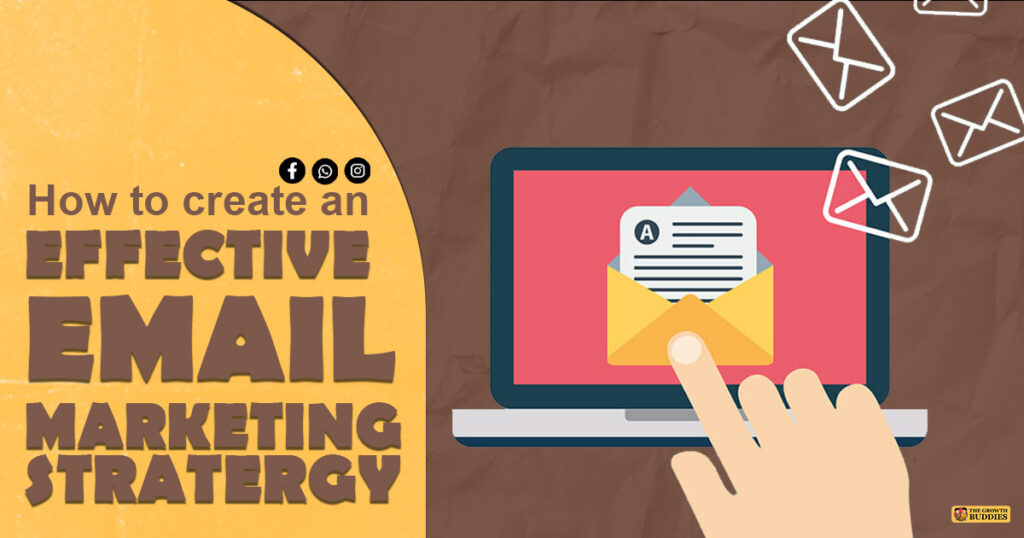
Email marketing is still one of the best ways to engage customers, increase conversions, and build trust. But creating a successful email marketing campaign requires careful planning, clear goals, and execution. Here’s a step-by-step guide to help you develop an effective email marketing strategy.
1. Define Your Goals
Before you get started, decide what you want to achieve with your email marketing. Typical goals include:
- Increase sales
- More website traffic
- Increase brand awareness
- Increase leads
- More users Product affiliate
Use click-through rate (CTR), open rate, and other metrics to set a measurable target rate or conversion rate.
2. Know Your Audience
Understanding your audience is key to creating campaigns and emails. Segment your email list by:
- Demographics (age, gender, location)
- Interests and behaviors
- Purchase history
- Collaborate
Write using data analysis and analytics to understand your audience.
3. Build a Quality Email List
Focus on growing your email list organically. Here are some helpful methods:
- Include a signup form on your website
- Offer special incentives like discounts or free content
- Use pop-ups to compose emails
- Promote newsletter subscriptions on social media
Make sure you comply with privacy laws like GDPR or CAN-SPAM.
4. Choose the Right Email Marketing Tool
Invest in email marketing that meets your needs, such as:
- Mailchimp for beginners
- HubSpot for marketing automation
- Active Campaign for advanced segmentation
Call automation, A/B testing, and Testing and other data manipulation.
5. Create Valuable Content
Your emails should provide value to your audience. Content to consider includes:
- Personal recommendations
- Offers or discounts
- Informative blog posts or tips
- Invitations or promotions
- User-generated content or recommendations
Craft Attention – Keep headlines tight and always include a clear call to action (CTA).
6. Design Mobile-Friendly Emails
Since most emails are opened on mobile devices, your design should be responsive. Top tips:
- Use a single-column layout
- Simple text
- With large clickable buttons
- Optimize images for fast loading
7. Automate Email Campaigns
Save time and increase engagement with email links like these:
- Welcome Email: Welcome new customers with a friendly introduction.
- Re-engagement emails: Win back non-users.
Automation tools allow you to personalize content based on user actions or preferences.
8. Analyze and Optimize Performance
Monitor your email marketing campaigns regularly to see what’s working and what’s not. Track the following metrics:
- Open rate
- Click-through rate
- Bounce rate
- Unsubscribe rate
Use A/B testing to optimize your learning curve, CTAs, or email design.
9. Ensure Compliance
Follow email marketing rules and regulations to build trust and avoid penalties:
- Obtain clear consent before sending an email.
- Provide an easy way to unsubscribe.
- Clearly identify your business in every email.
10. Iterate and Improve
Email marketing is an ongoing process. Gather feedback, test new ideas, and adapt to your audience’s preferences to continually improve your marketing plan.
Final Thoughts
An effective email marketing strategy is about understanding your audience, providing value, and improving your approach over time. With the right tools and consistent effort, email marketing can become one of your most profitable channels.
